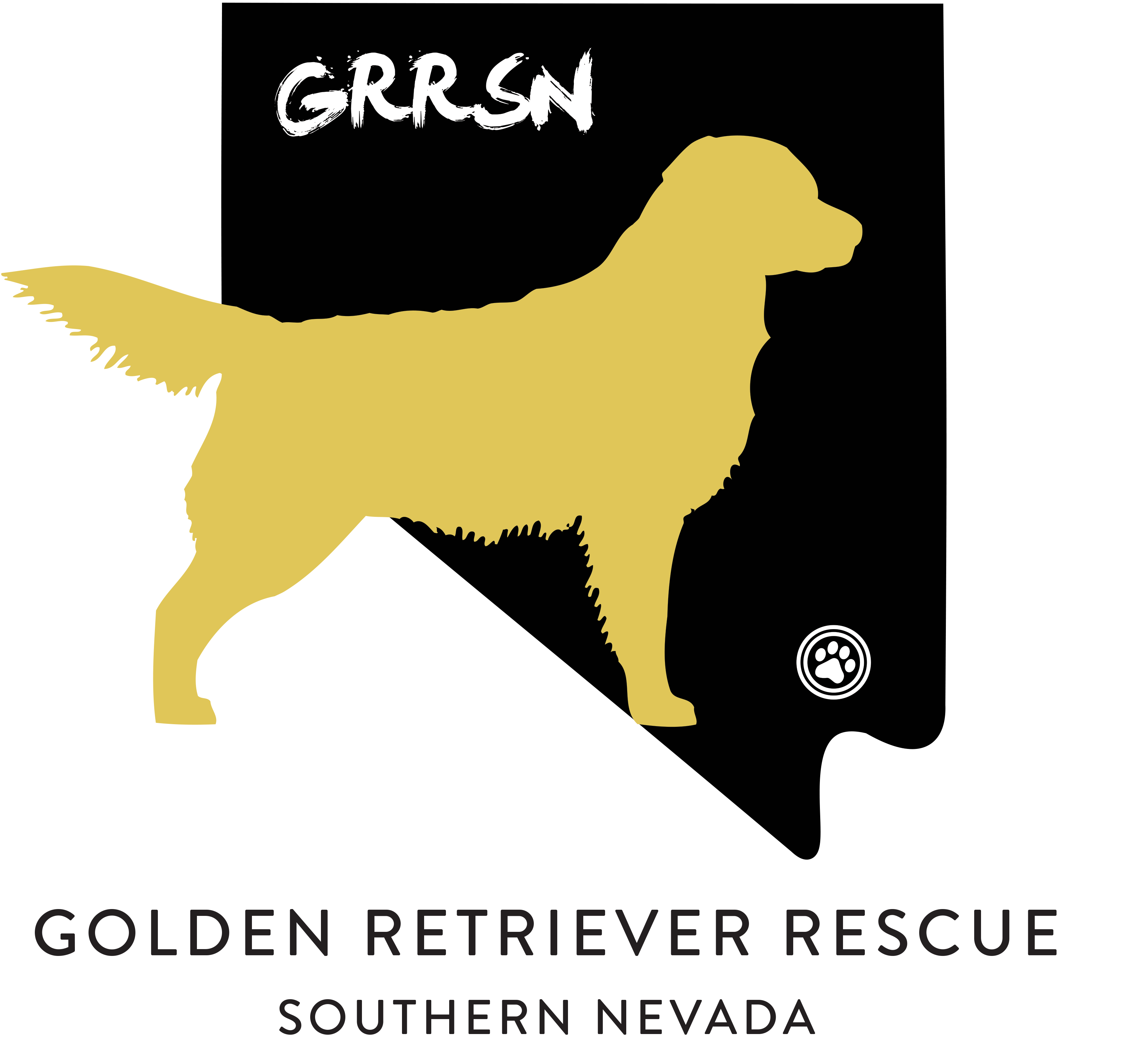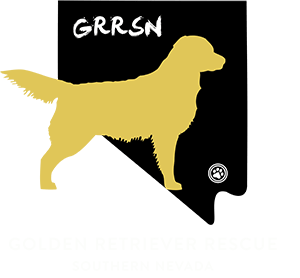OVER-VACCINATION
Challenging Big Pharma’s lucrative over-vaccination of people and animals
Over-vaccination of pets – an unethical practice
 UPDATE! The WSAVA Vaccination Guidelines Group has recently (May 2013) published Vaccination Guidelines for New Puppy Owners*. Dog and puppy owners need to read these guidelines very carefully. I have highlighted important points in this copy of the new Vaccination Guidelines.
UPDATE! The WSAVA Vaccination Guidelines Group has recently (May 2013) published Vaccination Guidelines for New Puppy Owners*. Dog and puppy owners need to read these guidelines very carefully. I have highlighted important points in this copy of the new Vaccination Guidelines.*Published on the WSAVA Vaccination Guidelines webpage
_____________________________________________________________________________
Over-vaccination of companion animals, and exploitation of pet owners, is a massive international scandal.
Many dog owners are still not being advised that there is no scientific evidence to support annual OR triennial revaccination with core modified live virus (MLV) vaccines for parvovirus, distemper virus and adenovirus.
The World Small Animal Veterinary Association’s (WSAVA) Guidelines for the Vaccination of Dogs and Cats note that duration of immunity after core MLV vaccination is “many years and may be up to the lifetime of the pet”.[1]
It is misleading for veterinarians to demand that already immune pets have bogus ‘booster’ shots every year or every three years. (Core MLV vaccines for dogs can be compared to the live Measles/Mumps/Rubella (MMR) vaccine for children – adults are not revaccinated with the MMR vaccine every year or every three years as these vaccines are likely to provide lifetime immunity.)
Many pet owners remain unaware of the option to have titre-testing to verify their pet has responded to core MLV vaccination, despite the fact that the WSAVA Guidelines say “…the principles of ‘evidence-based veterinary medicine’ would dictate that testing for antibody status (for either pups or adult dogs) is a better practice than simply administering a vaccine booster on the basis that this should be ‘safe and cost less’”.[1]
Non-core vaccines of questionable benefit and safety for diseases such as Bordetella bronchiseptica (often referred to as ‘kennel cough’) continue to be prescribed indiscriminately.
In Australia, I and fellow pet owner Bea Mies have been campaigning for ethical and evidence-based vaccination of companion animals. As a result of our persistence, change is slowly happening in companion animal vaccination practice.
Internationally other pet owners are also raising awareness about over-vaccination of pets. For example, in the United States, Jan Rasmusen has established an excellent website truth4pets which provides much useful information about vaccination of pets. In the United Kingdom, Catherine O’Driscoll of Canine Health Concern is the co-ordinator of the international Pet Welfare Alliance. Catherine has been at the forefront of demands for better healthcare for pets for many years. Online publications Dogs Naturally and National Dog have also been instrumental in warning pet owners about over-vaccination of pets.
It is a disgrace that members of the public have to be the leaders for change due to the failure of self-interested experts/professionals in the veterinary vaccine industry. While some veterinarians (e.g. Jean Dodds, Patricia Jordan and others) have been active in raising concern about vaccination of pets, their warnings have often been ignored. The veterinary profession risks losing credibility when pet owners discover crucial information about revaccination has been withheld from them for years. There are serious questions about professional responsibility and competence, transparency and accountability, ethical conduct, abuse of authority, and betrayal of trust that must be answered.
 My essay “Over-vaccination of pets – an unethical practice” provides some background on this subject. The Australian Veterinary Association (AVA) announced a new reduced vaccination policy[2] soon after my essay was widely circulated in June 2009. (After demands from dissenting AVA members, the AVA’s vaccination policy was subsequently downgraded to a position statement in July 2011).[3] In January 2010, the government regulator of veterinary vaccines, the Australian Pesticides and Veterinary Medicines Authority (APVMA), issued a position statement on Vaccination Protocols for Dogs and Cats, acknowledging matters of concern in regard to re-vaccination intervals. State veterinary boards in Australia subsequently blatantly disregarded the APVMA’s request for the APVMA’s Position Statement to be circulated to veterinarians in Australia. It is astonishing that veterinary boards ignored advice from the Federal regulator of veterinary vaccines, and that they can do so without penalty.
My essay “Over-vaccination of pets – an unethical practice” provides some background on this subject. The Australian Veterinary Association (AVA) announced a new reduced vaccination policy[2] soon after my essay was widely circulated in June 2009. (After demands from dissenting AVA members, the AVA’s vaccination policy was subsequently downgraded to a position statement in July 2011).[3] In January 2010, the government regulator of veterinary vaccines, the Australian Pesticides and Veterinary Medicines Authority (APVMA), issued a position statement on Vaccination Protocols for Dogs and Cats, acknowledging matters of concern in regard to re-vaccination intervals. State veterinary boards in Australia subsequently blatantly disregarded the APVMA’s request for the APVMA’s Position Statement to be circulated to veterinarians in Australia. It is astonishing that veterinary boards ignored advice from the Federal regulator of veterinary vaccines, and that they can do so without penalty.In August 2010, CHOICE, Australia’s consumer watchdog, published its report on over-vaccination of pets i.e. “Pet vaccination: Over-vaccinating your pet could be harmful to their health as well as your own hip pocket”. The ABC also reported on this story i.e. Questions raised over pet vaccination, broadcast in October 2010.
In May 2011, specialist dog breeder magazine, National Dog, published my article “Vaccination failure!” which warns there is a potential for maternally derived antibodies (MDA) to interfere with a puppy’s response to core vaccination, and calls upon the World Small Animal Veterinary Association’s (WSAVA) Vaccination Guidelines Group to provide clear and objective advice on optimal puppy vaccination, and an optional titre test confirmation protocol.
 In February 2012, Bea Mies addressed the industry sponsored WSAVA Guidelines for the Owners and Breeders of Dogs and Cats, arguing that advice to pet owners contradicts scientific findings published elsewhere.
In February 2012, Bea Mies addressed the industry sponsored WSAVA Guidelines for the Owners and Breeders of Dogs and Cats, arguing that advice to pet owners contradicts scientific findings published elsewhere.Bea’s latest email to Professor Michael Day, Chairperson of the WSAVA Vaccination Guidelines Group, and Sarah Mitchell of Pfizer Animal Health, provides critical analysis of their Canvac vaccine study paper, recently published in the December 2012 edition of the Australian Veterinary Journal[4]. Bea argues their paper is the latest instalment of willfully misleading and ethically dubious veterinary education on canine vaccination.
I supported Bea’s recent email to Michael Day and Pfizer Animal Health (January 2013) with a call to the industry-funded WSAVA Vaccination Guidelines Group to publicly provide an objective, simple and effective message on vaccination to pet owners.
For more information contact:
Elizabeth Hart: eliz.hart25@gmail.com Bea Mies beatemies@gmail.com
See below links to my correspondence, submissions and articles on over-vaccination of pets:
Key documents:
- Over-vaccination of pets – an unethical practice (16 June 2009). My essay summarises the issue of over-vaccination of pets.
- Is over-vaccination harming our pets? Are vets making our pets sick? (13 April 2009). My detailed and fully-referenced report was tabled at a special meeting convened by the Australian Pesticides and Veterinary Medicines Authority on 15 April 2009 to discuss the problem of unnecessary vaccination of pets.
Correspondence with the Australian Pesticides and Veterinary Medicines Authority (APVMA), Australian Veterinary Association (AVA), and others:
- Email to James Suter, Australian Pesticides and Veterinary Medicines Authority (20 April 2011) with further questions re the APVMA’s responses to adverse experience reports being marked ‘COMMERCIAL-IN-CONFIDENCE’.
- Email to Australian Veterinary Boards (19 May 2011) enquiring if the APVMA’s Position Statement on Vaccination Protocols for Dogs and Cats had been circulated to veterinarians, as requested by the APVMA in September 2010.
- Open letter to Barry Smyth, President of the Australian Veterinary Association; Peter Punch, Chair of the Australasian Veterinary Boards Council; Eva Bennet-Jenkins, CEO, Australian Pesticides and Veterinary Medicines Authority (26 March 2011): A formal complaint re the continuing calls for already immune animals to be needlessly, and possibly harmfully, revaccinated.
- Email to James Suter, Australian Pesticides and Veterinary Medicines Authority (6 March 2011) “Request for information re adverse experience reporting / possible conflicts of interest”.
- Email to Allen Bryce, Australian Pesticides and Veterinary Medicines Authority (31 January 2011) re adverse experiences after vaccination
- Open letter to the veterinary profession and industry (9 August 2010) re use of the media to promote over-servicing in the veterinary profession- unnecessary, and possibly harmful, vaccination of companion animals.
- Response to Allen Bryce (23 June 2010), Program Manager, Veterinary Medicines, Australian Pesticides and Veterinary Medicines Authority re unnecessary, and possibly harmful, vaccination of companion animals, and the APVMA’s Position Statement on Vaccination Protocols for Dogs and Cats.
- Open letter to Allen Bryce (17 June 2010), Program Manager, Veterinary Medicines, Australian Pesticides and Veterinary Medicines Authority re unnecessary, and possibly harmful vaccination of companion animals, and the APVMA’s Position Statement on Vaccination Protocols for Dogs and Cats.
- Open letter to Mark Lawrie (May 2010) (Immediate Past) President of the Australian Veterinary Association re over-servicing in the veterinary profession – unnecessary, and possibly harmful, vaccination of companion animals (6 May 2010, with an update added on pages 3-4 on 23 May 2010).
- Open letter to the Australian Pesticides and Veterinary Medicines Authority (24 January 2010), Australian Veterinary Association, Australian Small Animal Veterinary Association, and Competition and Consumer Policy Division, The Treasury re unnecessary vaccination of pets and the APVMA’s Position Statement on Vaccination Protocols for Dogs and Cats.
- Open letter to the Australian Pesticides and Veterinary Medicines Authority (8 January 2010), Australian Veterinary Association and Australian Small Animal Veterinary Association re unnecessary vaccination of pets and the APVMA’s Position Statement on Vaccination Protocols for Dogs and Cats.
- Open letter to the Australian Pesticides and Veterinary Medicines Authority (22 December 2009), Australian Veterinary Association and Australian Small Animal Veterinary Association re over-vaccination of pets / APVMA Position Statement / vaccine product labelling issues.
- Is over-vaccination harming our pets? Are vets making our pets sick? (13 April 2009). This detailed and fully-referenced report was tabled at a special meeting convened by the APVMA on 15 April 2009 to discuss the problem of unnecessary vaccination of pets.
Correspondence with the UK Veterinary Medicines Directorate (VMD):
- Email to Anna-Maria Brady, UK Veterinary Medicines Directorate (23 June 2011) requesting evidence to support the veterinary industry’s call for revaccination of pets.
- Email to Anna-Maria Brady, UK Veterinary Medicines Directorate (15 May 2011) with questions re core vaccine product labelling in regards to duration of immunity.
- Email to Anna-Maria Brady, UK Veterinary Medicines Directorate (1 April 2011) providing a pet owner’s perspective on pet vaccination.
- More emails on this topic are accessible on the VMD website: http://www.vmd.defra.gov.uk/public/vaccines_letters.aspx#hart
Correspondence with Virbac Animal Health (Disease WatchDog):
- Email to Mark Kelman, Virbac / Australian Small Animal Veterinary Association (7 February 2011) re further questions about the Virbac Disease WatchDog
- Email to Mark Kelman, Virbac / Australian Small Animal Veterinary Association (26 January 2011) re alarming statistics regarding parvovirus and the Virbac Disease WatchDog.
- Email to Mark Kelman, Virbac / Australian Small Animal Veterinary Association (31 July 2010), re canine vaccination protocols.
Submissions on the subject of unnecessary vaccination of pets:
- A Submission to the Royal College of Veterinary Surgeons (24 June 2011), on the Draft Code of Professional Conduct for Veterinary Surgeons.
- A Submission on the National Scheme for Assessment, Registration and Control of Use of Agricultural and Veterinary Chemicals Discussion Paper in relation to “Unnecessary, and Possibly Harmful, Use of Companion Animal Vaccines” (10 February 2010).
- Submission to Craig Emerson MP (17 July 2009), Minister for Competition Policy and Consumer Affairs, on the Consumer Voices Issues Paper: “Request for consumer protection for consumers of veterinary services in Australia”.
Correspondence to Members of Parliament:
- Email to Senator Joe Ludwig, Minister responsible for the APVMA (26 November 2011), complaining about the failure of ‘self-regulation’ of veterinarians.
- Letter to Craig Emerson MP (4 July 2010), Federal Minister for Competition Policy and Consumer Affairs re submission on the Consumer Voices Issues Paper: “Request for consumer protection for consumers of veterinary services in Australia”.
- Letter to Tony Burke MP (17 June 2010), Federal Minister responsible for the Australian Pesticides and Veterinary Medicines Authority, re unnecessary, and possibly harmful, vaccination of companion animals, and the APVMA’s Position Statement on Vaccination Protocols for Dogs and Cats (17 June 2010).
Articles and summaries re over-vaccination of pets:
- The Australian campaign for ethical and evidence-based vaccination of companion animals (February 2012)
- Vaccination failure! There is a potential for maternally derived antibodies (MDA) to interfere with a puppy’s response to core vaccination. (Article published in the May 2011 edition of National Dog).
- Important Information for Dog Owners – Vaccination Update July 2010 (An earlier version of this article was also published in National Dog Volume 13, No. 6).
- Letter to the Editor of The Veterinarian magazine (8 June 2010) Response to Aine Seavers’ article “Three-year vaccination intervals: a different view from the parvo trenches of practice-land”.
- Letter to the Editor of The Veterinarian magazine (7 June 2010): ‘A pet owner’s perspective of the vaccination controversy’.
- Too many needles ! Unnecessary vaccination exposed (February 2010. Article published in National Dog in April 2010).
- The over-vaccination controversy continues (Article published in National Dog in December 2009).
- Over-vaccination: Are vets making our pets sick? (June 2009. Article published in National Dog in July 2009).
- Over-vaccination of pets – an unethical practice (16 June 2009). This essay summarises the issue of over-vaccination of pets.
Media reports re over-vaccination of pets:
- Media reports re over-vaccination of pets in Australia August –October 2010
- Examples of reports in the Australian media about parvovirus outbreaks during the period Dec 2009 to March 2011.
___________________________________
[1] MJ Day, MC Horzinek, RD Schultz. World Small Animal Veterinary Association’s (WSAVA) Guidelines for the Vaccination of Dogs and Cats. Journal of Small Animal Practice. Vol.51. June 2010.
[2] The Australian Veterinary Association’s policy on vaccination of dogs and cats was ratified by the AVA Board on 26 June 2009.
[3] “Position Statement are chosen when the AVA membership has conflicting views on the topic which is particularly the case with duration of immunity and there was lack of agreeance with the document produced.” E-ructations, AVA NSW Division Newsletter, Issue 26 May 2011.
[4] SA Mitchell, RJ Zwijnenberg, J Huang, A Hodge and MJ Day. Duration of serological response to canine parvovirus-type 2, canine distemper virus, canine adenovirus type 1 and canine parainfluenza virus in client-owned dogs in Australia. AVJ Vol. 90, No. 12, December 2012.




